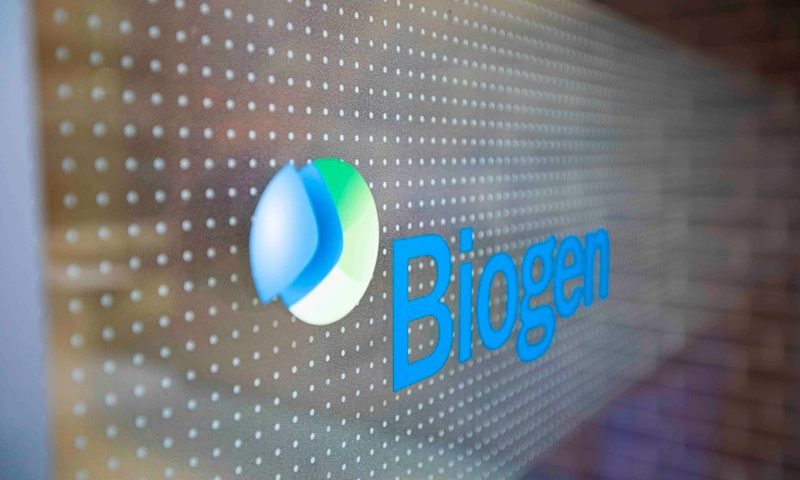Biogen and Eisai’s Alzheimer’s disease treatment-in-waiting, lecanemab, has been granted a fast-track tag by the FDA, setting up a potentially swift path through the regulatory process.
The drug is the next in line behind the pair’s approved therapy Aduhelm, which gained a green light under the agency’s accelerated review pathway back in June. The decision has proven controversial for Biogen, which has struggled to launch the drug and recently slashed the price in half to try to boost sales.
Nonetheless, Biogen and Eisai have asked the FDA for a similarly accelerated review of lecanemab. Their submission got underway in September on a rolling basis, with the companies sending information to the agency as it comes in.
Their application is based on biomarker and safety data from a phase 2b trial in patients with early Alzheimer’s disease, which Biogen said showed the drug could lower amyloid plaques in the brain and reduce cognitive decline. These plaques are a hallmark of Alzheimer’s, and the current thinking is that lowering them can slow down the process of neurodegeneration.
The FDA previously set a precedent with Aduhelm by approving it based on similar biomarker data showing the lowering of plaques. Biogen and Eisai have said the drug is likely to hinder the underlying cause of the disease, but Aduhelm has not yet been proven effective in reducing the debilitating symptoms of Alzheimer’s.
The companies are allowed to market Aduhelm but must complete a phase 4 confirmatory trial within nine years. Plans for that study were unveiled earlier this month.
Meanwhile, Biogen said its midstage study of lecanemab also supports the use of a surrogate endpoint, in this case the lowering of amyloid, to reasonably predict a clinical benefit. In addition to the fast-track tag, lecanemab has also collected a breakthrough-therapy designation from the FDA. Both labels are intended to facilitate and speed development of a therapy meant to address an unmet medical need.
A phase 3 study of lecanemab called Clarity AD is underway, completing the enrollment of 1,795 patients with early Alzheimer’s back in March. The FDA has agreed to use this trial’s results as confirmatory evidence of clinical benefit. This differs from the Aduhelm approval, which carries the post-marketing requirement for a confirmatory study.
Biogen is also conducting a phase 3 trial of the drug, dubbed AHEAD 3-45, in participants who have preclinical Alzheimer’s but evidence of elevated amyloid levels.

